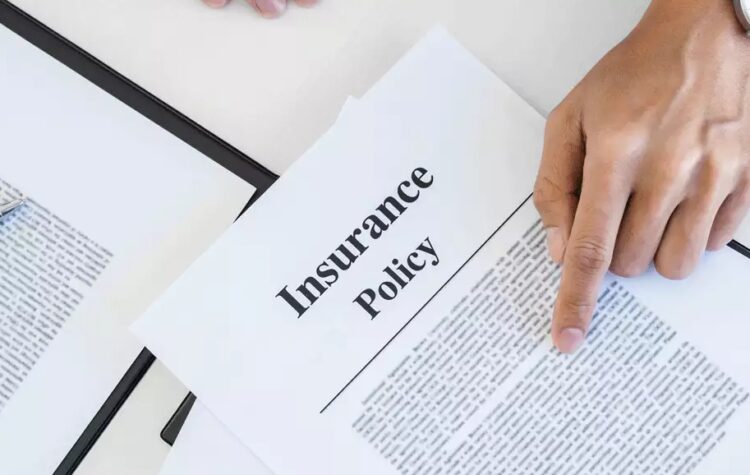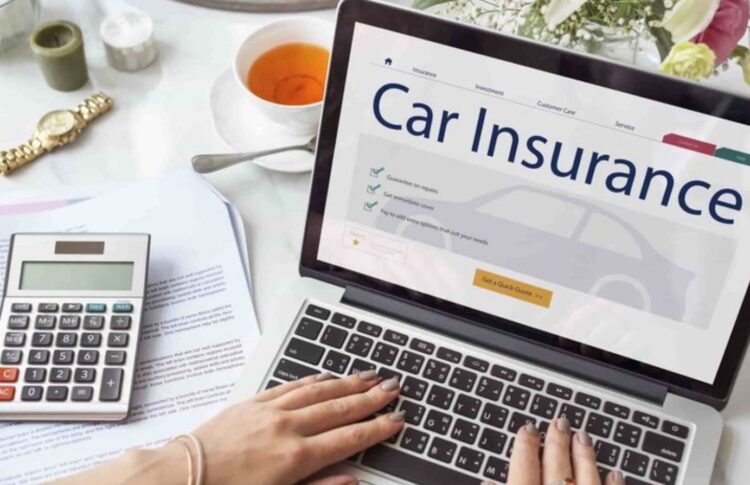
Your auto insurance broker is your best resource when it comes to your insurance policy and getting the best bang for your buck. To help you get better coverage and adhere to a certain budget, we have compiled a list of some of the most useful questions to ask your auto insurance broker.
Many of these questions come with random examples, but generally your situation will differ, so it is always important to discuss the specifics with your auto insurance broker over the phone. You should never hesitate to ask a question to your broker – there are no stupid questions, and sometimes their advice or response can make a huge difference. They help you understand your auto insurance, so you are never underinsured or paying for more than what you need.

My daily commute mileage has decreased significantly. Does this impact my insurance?
Your daily mileage is something that is factored into how much you will need to pay for your insurance premiums. The longer your commute, the more your premiums will increase. Consequently, it is important to update your insurance broker if your daily commute has been altered significantly, such as if you have gone from driving over 50km a day to working from home and only using your car for occasional errands. Some auto insurance companies will even offer you discounts for low mileage or, if you use your car once every few days, you can ask about usage-based insurance.

My neighbour borrows my car occasionally. Do I need to add them to my policy?
If you let a friend, co-worker, or a neighbour borrow your car once or twice, it may not be necessary to include them on your insurance as they will have coverage under your auto insurance as a “guest driver.” However, if your neighbour were to use your vehicle every Friday evening to go visit their in-laws an hour away, you may want to call up your insurance broker to add them to your policy as a named driver or occasional driver.

What insurance am I required to have by law?
It also depends on where you live. Auto insurance in Whitby and other Ontario cities necessitates civil liability coverage, accident benefits, and a host of other coverages to drive on public roads, whereas some provinces may only require liability. Comprehensive and collision coverage are almost always optional but highly recommended by insurance providers to protect you and your vehicle from falling objects, fire, vandalism, theft, and if you were to get into an accident with another vehicle or stationary object. You may find benefits in researching the other basic compulsory insurance your province mandates or offers. You can ask your insurance broker about coverage amounts and describe what it is that you typically use your car for. Disclose if you carpool, drive to different provinces or the States, or drive large groups of people at once. Check here to know more.

Should I Compare Auto Insurances?
Comparing auto insurance policies is not only prudent but crucial for securing optimum value for your coverage. Much like any substantial purchase, selecting the right insurance policy necessitates thoughtful exploration of available options, ensuring the chosen one aligns well with both your needs and your budget.
Insurance providers present a plethora of coverage options, each with varied rates and discounts. The diversity in offerings makes it imperative to scrutinize multiple policies to pinpoint the one that fulfills your unique requirements and financial constraints efficiently. This comparison should not be seen as a mere best practice; it is, in essence, a sagacious financial move with the potential to yield significant savings and peace of mind.
Leveraging the expertise of an auto insurance broker such as Freedom Auto Insurance Rates by Texas City can be instrumental in this endeavor. Brokers offer invaluable insights into the intricacies of each policy, shedding light on potential cost-saving opportunities and allowing for informed, beneficial decisions. They act as guides, helping demystify complex policy details, thereby enabling you to extract maximum value.
Comparing policies allow you to uncover discounts and benefits you may otherwise overlook. For instance, some providers may offer discounts for good driving records or bundling multiple insurance policies, leading to considerable cost reductions in the long run.
How much of a deductible do I have? Should I increase/decrease this amount?
A deductible is the amount of money you will be required to pay out-of-pocket. How much should you have is really based on how high of an amount you are comfortable with paying. Never choose an amount that you cannot afford to pay out-of-pocket for. A higher deductible will result in lower rates, but it should be an amount that is still within reason. Ask your insurance broker if you can increase the amount of deductible you have for lower rates. They may advise for or against this depending on your existing amount.

Does my auto insurance cost more or less if I have a used car?
Sometimes new cars will give you the chance to purchase additional coverage known as a waiver of depreciation. Once that new car leaves the dealership, it will begin to lose value and you can buy coverage to cover claims as if the car was still brand new. This can cost you more if you include this coverage for a new car. On the other hand, older cars are more likely to be written off in an accident. Still, some newer cars come with fancy technology that can be expensive to repair/replace. For the most part, older cars or used cars are cheaper to insure than brand new ones.

How can I lower my premiums?
We all want cheaper car insurance. Car insurance, depending on where you live, can be expensive! Usually, your premiums are based on your likelihood of having to make a claim due to an accident or if your car is stolen. We can find a whole host of different tips and tricks online to help reduce our insurance rates but, all in all, our insurance brokers know us and our circumstances best. They know the type of car we own, our past traffic violations and claims, driving record, make/model of car, budget, etc. and can help to advise us personally on matters that might not group under “general” insurance advice. They may even inform you of discounts you could be eligible for.
Discounts may include if you are an older insured driver, someone who owns more than one vehicle or has a home that needs insurance as well, someone who has gone a specified amount of time without making a claim, or a new driver that has taken an approved driver’s education course. Seriously – depending on the insurance provider, the options for discounts are endless! Your insurance broker can also help you to review your insurance coverage yearly or whenever there is a major life change so that you can adjust your coverage accordingly so that it better suits your needs, and you can trim off any excess coverage that is not needed and possibly costing you more than what is required.
An insurance broker is a great resource and there are no dumb questions! If you have a concern, do not be afraid to consult with your auto insurance broker. After all, their job is to help you out!











